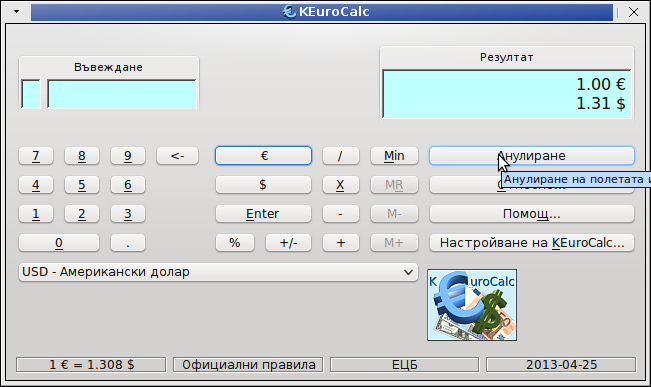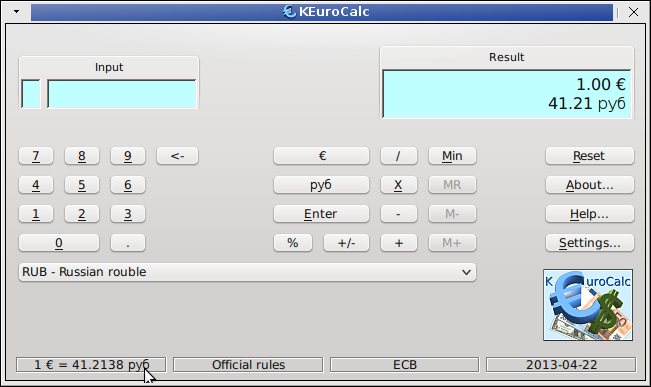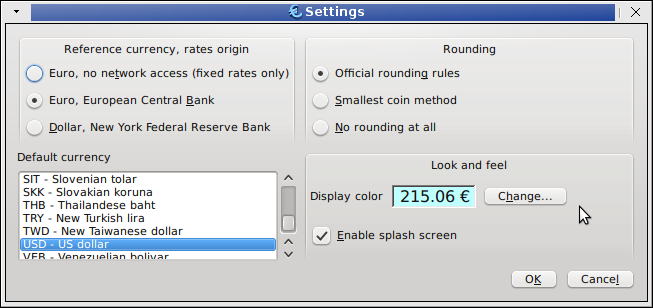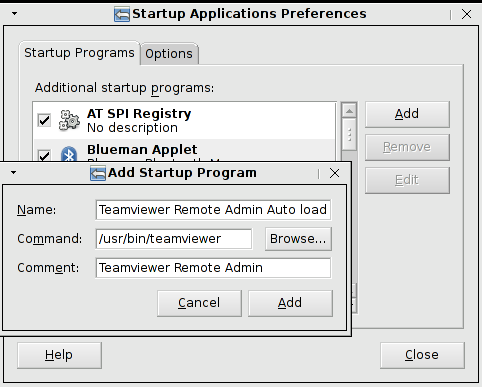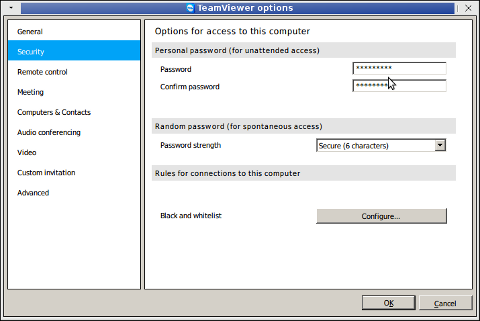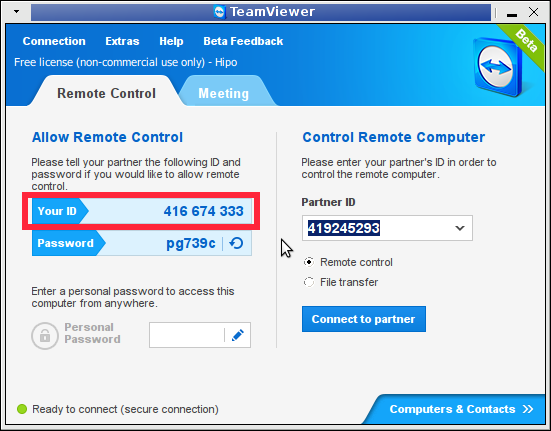
If you work as System Administrator of WebHosting company, you definitely know how often it is that some automated cracker scripts (working as worms) intrude through buggy old crappy custom coded sites or unupdated obsolete Joomla / WordPress etc. installs. and run themselves trying to harvest for other vulnerable hosts. By default PHP enables running commands via shell with PHP functions like exec();, shell_exec(); , system();. and those script kiddie scripts use mainly this functions to spawn shell via vulnerable PHP app. Then scripts use whether php curl support is installed (i.e. php5-curl) to download and replicate itself to next vulnerable hop.
With that said it is a must after installing new Linux based server for hosting to disable this functions, to save yourself from future hassles …
Earlier, I blogged how to disable PHP system system(); and exec(); functions to raise Apache security using suhosin however this method requires php suhosin being used.
Yesterday, I had to configure new web hosting server with Debian 7, so I tried installing suhosin to use it to protect PHP from having enabled dangerous system();, eval(); exec(); .
I remember disabling system(); using suhosin php extension was working fine on older Debian releases, however in Debian 6.0, php5-suhosin package was causing severe Apache crashes and probably that's why in latest Debian Wheezy 7.0, php suhosin extension is no longer available. Therefore using suhosin method to disable system();, exec(); and other fork functions is no longer possible in Debian.
Since, suhosin is no longer there, I decided to use conventional PHP method via php.ini.
Here is how to do it
Edit:
/etc/php5/apache2/php.ini
debian:~# vim /etc/php5/apache2/php.ini
And near end of file placed:
disable_functions =exec,passthru,shell_exec,system,proc_open,
popen,curl_exec, curl_multi_exec,parse_ini_file,show_source
allow_url_fopen Off
allow_url_include Off
It is good to explain few of above functions – shell_exec, proc_open, popen, allow_url_fopen,
show_source
and allow_url_include.
Disabling shell_exec – disables from PHP scripts executing commands with bash slash ` `, i.e. `ls`. proc_open and popen allows reading files from file system.
show_source – makes possible also reading other PHP source files or can be used to display content of other files from fs.
To read newly placed config vars in php.ini usual apache restart is necessary:
debian:~# /etc/init.d/apache2 restart
[….] Restarting web server: apache2
. ok
Further on tо test whether system();, exec();, passthru(); … etc. are disabled. Make new PHP file with content:
<?php
error_reporting(E_ALL);
$disabled_functions = ini_get('disable_functions');
if ($disabled_functions!='')
{
$arr = explode(',', $disabled_functions);
sort($arr);
echo 'Disabled Functions:
';
for ($i=0; $i<count($arr); $i++)
{
echo $i.' - '.$arr[$i].'<br />';
}
}
else
{
echo 'No functions disabled';
}
?>
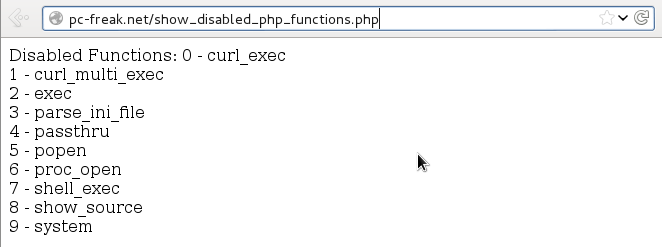
Copy of above source code show_disabled_php_functions.php is here for download
. To test your Apache PHP configuration disabled functions download it with wget or curl and rename it to .php:
# cd /var/www # wget -q https://www.pc-freak.net/files/show_disabled_php_functions.php.txt
mv show_disabled_php_functions.php.txt show_disabled_php_functions.php
After disabling functions on those newly setup Debian hosting Apache webserver, I remembered, same functions were still active on another CentOS Linux server.
To disable it there as well, had to edit:
/etc/php.ini
[root@centos:~]# vim /etc/php.ini
And again place after last file line;
disable_functions =exec,passthru,shell_exec,system,proc_open,popen,
curl_exec, curl_multi_exec,parse_ini_file,show_source
allow_url_fopen Off
allow_url_include Off
Finally on CentOS host, had to restart Apache:
[root@centos:~]# /etc/init.d/httpd restart
For Security paranoids, there are plenty of other PHP functions to disable including, basic functions like ln, mv, mkdir, cp, cat etc.
Below is list of all functions to disable – only disable this whether you you're a PHP security freak and you're 100% some server hosted website will not use it:
disable_functions = "ln, cat, popen, pclose, posix_getpwuid, posix_getgrgid, posix_kill, parse_perms, system, dl, passthru, exec, shell_exec, popen, proc_close, proc_get_status, proc_nice, proc_open, escapeshellcmd, escapeshellarg, show_source, posix_mkfifo, mysql_list_dbs, get_current_user, getmyuid, pconnect, link, symlink, pcntl_exec, ini_alter, pfsockopen, leak, apache_child_terminate, posix_kill, posix_setpgid, posix_setsid, posix_setuid, proc_terminate, syslog, fpassthru, stream_select, socket_select, socket_create, socket_create_listen, socket_create_pair, socket_listen, socket_accept, socket_bind, socket_strerror, pcntl_fork, pcntl_signal, pcntl_waitpid, pcntl_wexitstatus, pcntl_wifexited, pcntl_wifsignaled, pcntl_wifstopped, pcntl_wstopsig, pcntl_wtermsig, openlog, apache_get_modules, apache_get_version, apache_getenv, apache_note, apache_setenv, virtual, chmod, file_upload, delete, deleted, edit, fwrite, cmd, rename, unlink, mkdir, mv, touch, cp, cd, pico"

